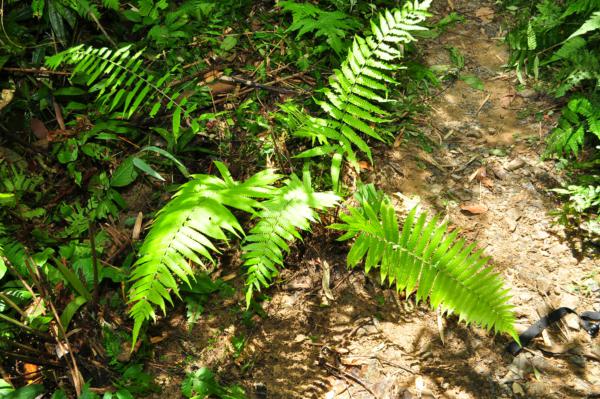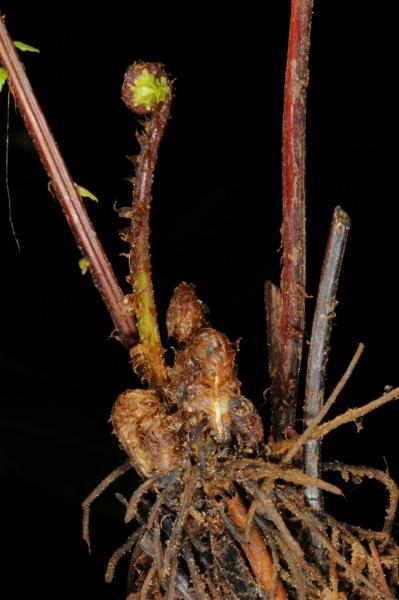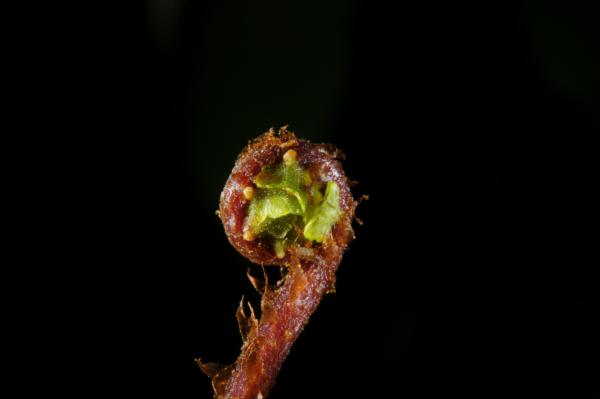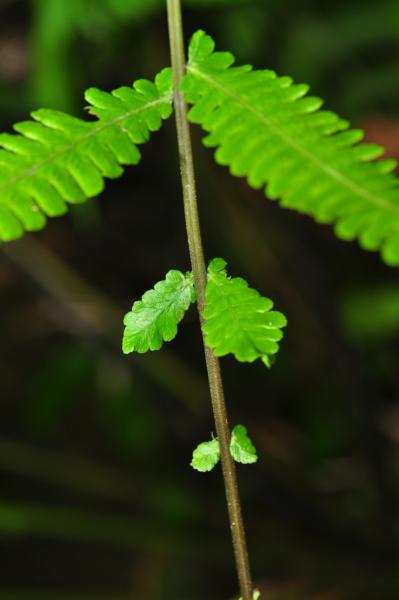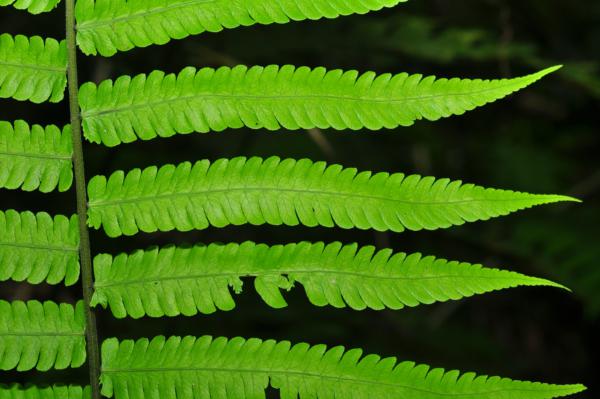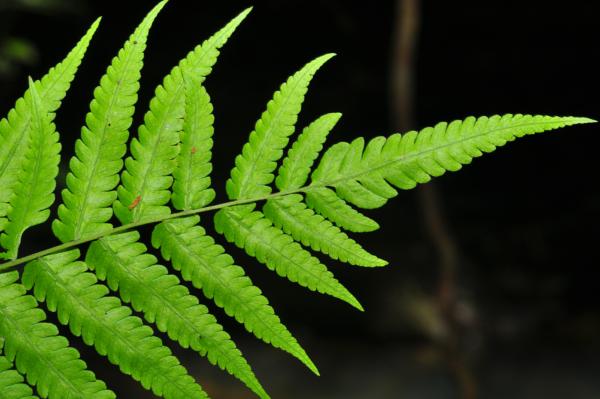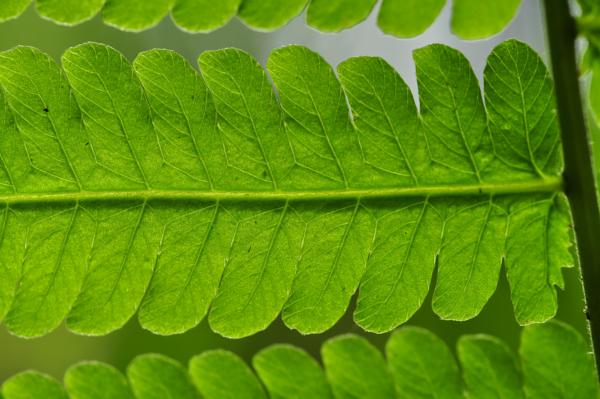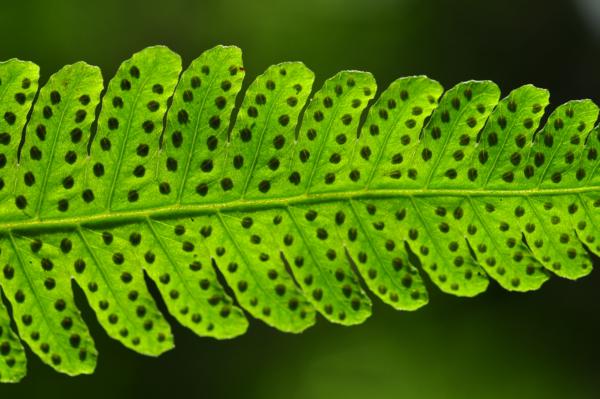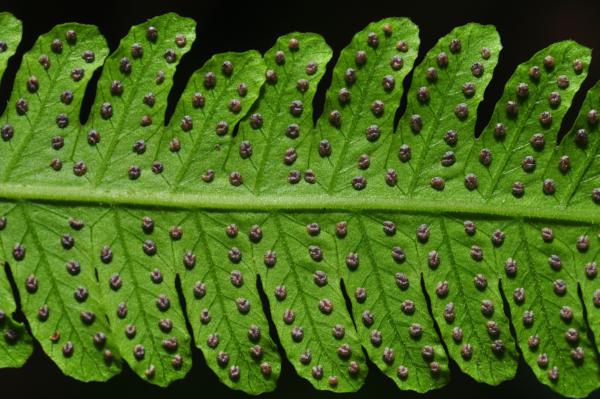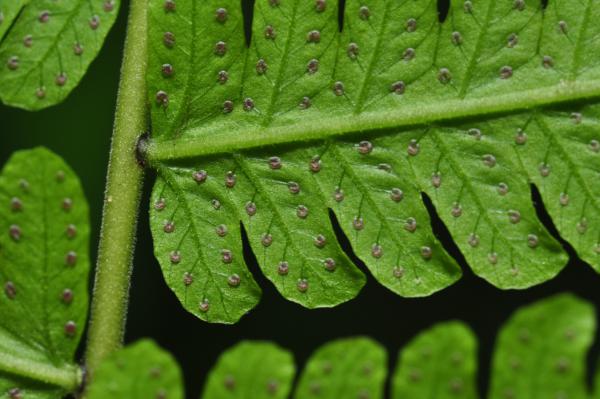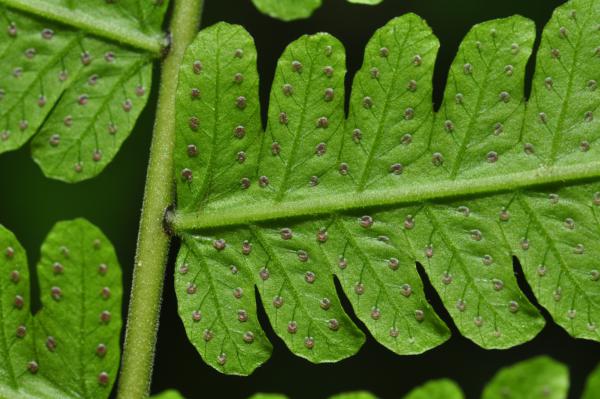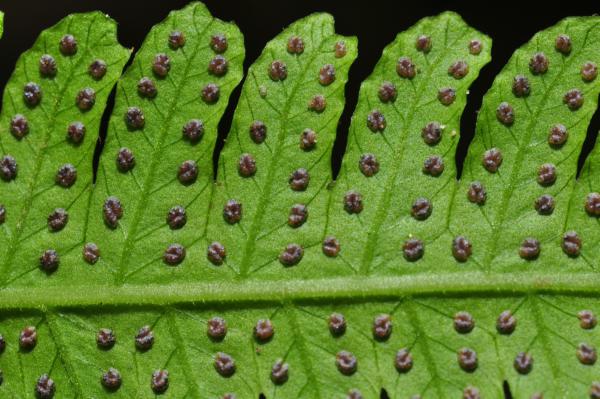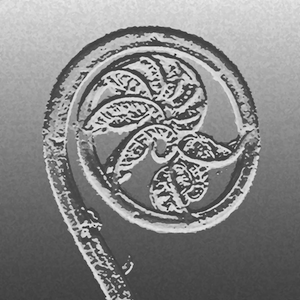
Cyclosorus heterocarpus (Blume) Ching
Family
Thelypteridaceae
Nomenclature
Cyclosorus heterocarpus (Blume) Ching, Bull. Fan. Mem. Inst. Biol. 8: 180. 1938; Tardieu & C.Chr., Fl. Indo-Chine 7(2): 385. 1941; Holttum, Rev. Fl. Malaya ed. 1, 2: 269, f. 155. 1955 [‘1954’]. – Aspidium heterocarpum Blume, Enum. Pl. Javae.: 155. 1828. – Nephrodium heterocarpum (Blume) T.Moore, Ind. Fil. 93. 1958. – Dryopteris heterocarpa (Blume) Kuntze, Rev. Gen. Pl. 2: 813. 1891. – Thelypteris heterocarpa (Blume) Morton, Amer. Fern J. 49: 113. 1959; Tagawa & K.Iwats., Fl. Thailand 3: 416. 1988; Newman et al., Checkl. Vasc. Pl. Lao PDR: 33. 2007. – Sphaerostephanos heterocarpus (Blume) Holttum in B.K.Nayar & S.Kaur, Companion Handb. Ferns Brit. India: 209. 1974; Holttum, Kalikasan 4: 67. 1975; Holttum, Fl. Males., Ser. II, Pterid. 1: 457, f. 1q. 1982 [‘1981’]; Boonkerd & Pollawatn, Pterid. Thailand: 229. 2000. – Type: Blume s.n., Java, ad pedem Boerangrang (L, sheet 908,332-1158).
Nephrodium glaucostipes Bedd., Suppl. Ferns Brit. Ind.: 80. 1892.
Description
Rhizome erect; scales narrow, up to 8 by 1.2 mm, hirsute, dark brown. Stipes 24–50 cm long, bearing reduced pinnae nearly to base, hirsute. Laminae 42–57.5 x 14–24.5 cm, oblong-lanceolate, acute at apex, 16–30 pairs of free full-sized primary pinnae, lower pinnae suddenly reduced in size to mere auricles, full-sized pinnae nearly straight, ascending, linear-lanceo1ate, caudate-acuminate at apex, cuneate at sessile base, 8–20 by 1.1–1.8(–2.5) cm, 2–4 cm apart at base, lobed to half-way towards costa; segments oblong, oblique, rounded to obtuse at apex; thinly papyraceous, green to yellowish-green, pubescent on upper surface, glandular below; rachis and costa hairy throughout; veins pinnate, veinlets simple, 1.5 basal pairs uniting below sinus. Sori medial; indusia persistent, brown at maturity, glabrous or sparsely hairy .
Distribution in Thailand
SOUTH-EASTERN: Chanthaburi; PENINSULAR: Surat Thani, Phangnga, Nakhon Si Thammarat, Trang, Satun, Yala, Narathiwat.
Distribution in Cambodia
Kampot
Wider Distribution
S China, Vietnam, throughout Malesia to Polynesia.
Ecology
Terrestrial in evergreen forests at low altitudes.
Proposed IUCN Conservation Assessment
Least Concern (LC). This species is widespread and not under any known threat.
Voucher specimens - Thailand
Middleton et al. 5451, Phangnga, Sra Nang Manora Forest Park (E); Shimizu et al. T-8186, Nakhon Si Thammarat, Thung Song, Khao Kao (K).
Voucher specimens - Laos
Unspecified
Habit
Rhizome
Crozier
Reduced basal pinnae
Pinnae
Frond apex
Venation
Position of sori on veins
Lower surface of pinna
Lower surface of rachis and pinna
Lower surface of rachis and pinnae
Sori
Site hosted by the Royal Botanic Garden Edinburgh. Content managed by Stuart Lindsay, Gardens by the Bay, Singapore and David Middleton, Singapore Botanic Gardens. Last updated 24 January 2012
